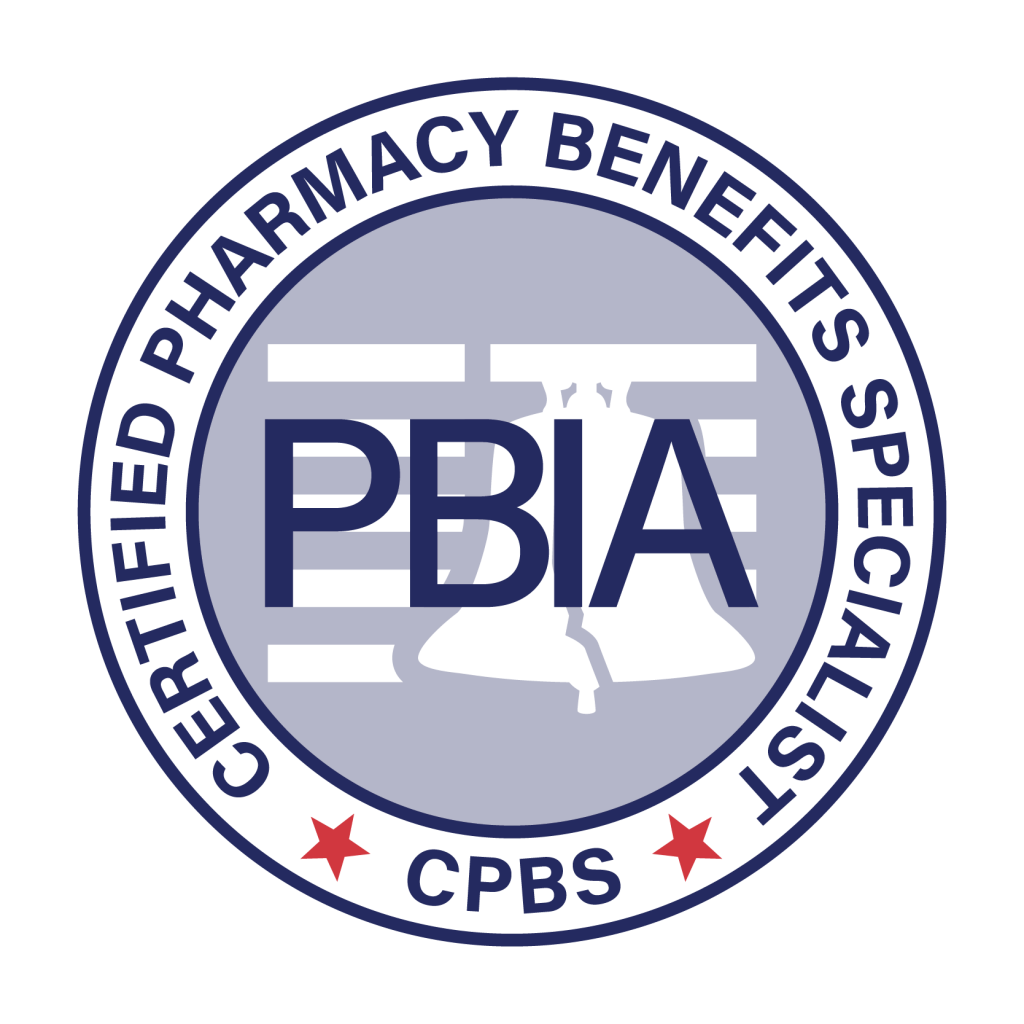Federal Judge Rules Cheaper Drugs Can Be Imported From Canada and other notes from around the interweb:
- Federal Judge Rules Cheaper Drugs Can Be Imported From Canada. In a setback to the pharmaceutical industry, a federal judge has tossed a lawsuit that sought to prevent state governments from importing medicines from Canada. And the decision is likely to embolden more states to now consider the approach as they look to lower the cost of prescription drugs. The 26-page ruling noted that to have standing, plaintiffs must prove that they have suffered an “injury in fact,” that the injury is traceable to the defendants’ conduct, and that the injury is likely to be remedied by a favorable decision. And in two distinct aspects, the plaintiffs had no standing to bring the case against the federal agencies, Kelly ruled. The DC Circuit Court has struck a blow against the pharmaceutical lobbying group PhRMA and other plaintiffs’ attempt to stop states from importing drugs from Canada. Joined alongside public health group Partnership for Safe Medicines and advocacy group Council for Affordable Health Coverage, PhRMA was rebuffed by Judge Timothy Kelly, who dismissed the civil suit due to a lack of standing.
- What Johnson & Johnson’s Lawsuit Against SaveOnSP Means for Drug Manufacturers and Plan Sponsors. On January 25, 2023, the Court in Johnson & Johnson v. SaveOnSP[1] dismissed SaveOnSP’s motion to dismiss, allowing Johnson & Johnson’s (“JNJ”) claims to proceed. The Court’s recent order is a significant development, especially as several manufacturers following the JNJ’s lawsuit have updated the terms and conditions of their copay assistance programs to restrict (or exclusively carving out) copay maximizer such as SaveOnSP from their programs. JNJ alleges that SaveOnSP inflated patients’ copays by reclassifying drugs to avoid copay limits and annual out-of-pocket limits mandated by the US Affordable Care Act (“ACA”) to coerce patients into enrolling in the SaveOnSP program and bill the artificially inflated copays to JNJ’s copay assistance program. JNJ’s complaint also alleges that SaveOnSP worked in partnership with major PBM Express Scripts (“ESI”) and ESI’s specialty pharmacy Accredo Health Group to operate the program and, in turn, maximize its profits at the expense of both patients and JNJ.
- States, not Federal Government, Are Moving to Tighten Regulation of PBMs. The action on PBMs has devolved to the states partly because a 2020 U.S. Supreme Court decision, said leaders with the National Academy for State Health Policy. In Rutledge v Pharmaceutical Care Management Association, the court upheld an Arizona law that required PBMs to pay pharmacies no less than their acquisition costs for prescription drugs. The court indicated the Arizona law was not preempted by Employee Retirement Income Security Act (ERISA), a federal law that sets standards for retirement and health benefits. The decision in the case gives states the ability to regulate healthcare costs, including health plan contractors. In 2022, 135 bills concerning PBMs were introduced in state legislatures, according to the National Academy for State Health Policy’s tracker. Most are still working their way through various committees, and some have failed to make any headway. The 19 bills that have been signed into law provide a starting point to address the undue influence that PBMs have over pharmacies and drug pricing, say the industry’s critics.
- Summit County sues pharmacy benefits managers over opioid crisis. Governments, insurers, or employers typically hire pharmacy benefit managers to facilitate prescription drug programs, with the goal of reducing costs for the insured. The lawsuit, however, accuses the companies of doing the opposite. It alleges the businesses colluded with manufacturers to make opioids more available for pain treatment and by ignoring clear warning signs of addiction in patients. The companies did so to increase profits, the lawsuit said. “Whether by colluding with manufacturers to make opioids more available as a form of pain treatment or by ignoring the mounting evidence of addiction and misuse in their own claims data, [pharmacy benefits managers’] role in creating and sustaining the opioid epidemic is largely hidden from public scrutiny but nevertheless facilitated the reckless promotion of opioids by manufacturers, the oversupply of opioid shipments by distributors and the irresponsible dispensing of prescription opioids by numerous pharmacies,” the lawsuit said.
